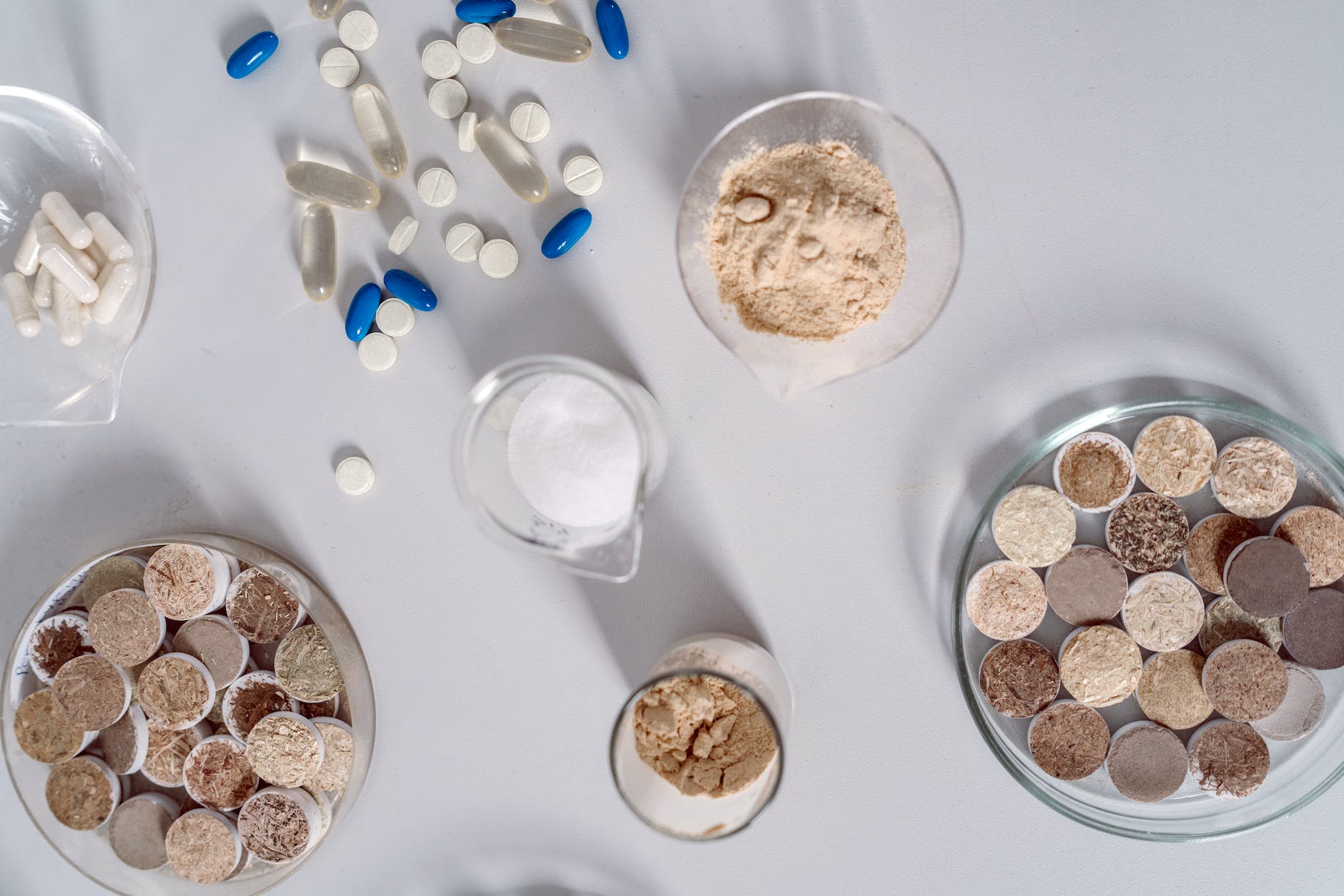
Photo by Pixabay on <a href="https://www.pexels.com/photo/thermometer-on-medical-pills-139398/" rel="nofollow">Pexels.com</a>
Artificial intelligence (AI) is rapidly transforming many industries, and healthcare is no exception. From medical diagnosis to drug discovery and personalized medicine, AI has the potential to revolutionize how we approach healthcare and improve patient outcomes. In this blog post, we’ll explore some of the exciting applications of AI in healthcare and how they’re making a difference in people’s lives.
Medical Diagnosis

One of the most promising applications of AI in healthcare is medical diagnosis. With the help of machine learning algorithms, AI systems can analyze large amounts of patient data and identify patterns that may be difficult for humans to detect. This can lead to earlier and more accurate diagnoses, which in turn can improve patient outcomes and reduce healthcare costs.
For example, researchers at Stanford University have developed an AI system that can diagnose skin cancer with an accuracy rate of 91%. The system was trained using thousands of images of skin lesions and can detect melanoma, the deadliest form of skin cancer, in its early stages. This is just one example of how AI is being used to improve medical diagnosis and save lives.
Drug Discovery

Another area where AI is having a significant impact is in drug discovery. Developing new drugs is a time-consuming and expensive process, but AI can help speed up the process by predicting how a new drug will interact with the human body. This can help researchers identify promising drug candidates more quickly and reduce the number of failed drug trials.
For example, Insilico Medicine, a company that uses AI for drug discovery, recently developed a drug candidate for fibrosis that is currently in preclinical trials. The company used a deep learning algorithm to analyze millions of molecules and identify a compound that was predicted to be effective against fibrosis. This process took just 46 days, compared to the typical 2-3 years it takes using traditional methods.
Personalized Medicine

Finally, AI is also being used to develop personalized medicine, which is tailored to an individual’s unique genetic makeup. By analyzing a patient’s genetic data, AI systems can identify the most effective treatments for their specific condition, reducing the risk of adverse reactions and improving outcomes.
For example, the company Deep Genomics is using AI to develop personalized treatments for genetic disorders. The company has developed an AI system that can predict how genetic mutations will affect the body and identify potential treatments. This approach has the potential to transform how we approach genetic disorders and improve patient outcomes.
Conclusion
In conclusion, the applications of AI in healthcare are incredibly promising and have the potential to revolutionize how we approach healthcare. From medical diagnosis to drug discovery and personalized medicine, AI is already making a difference in people’s lives and will only become more important in the years to come.



